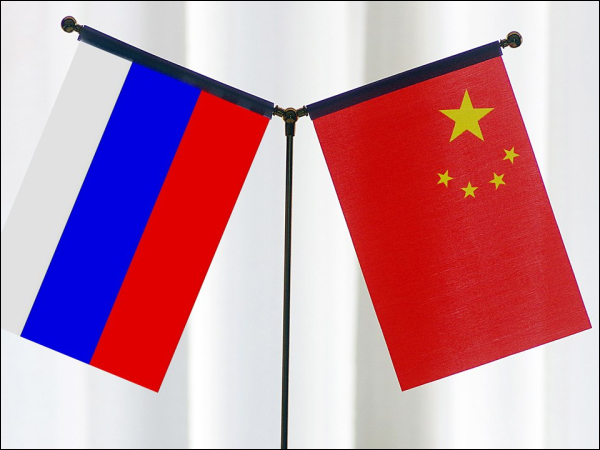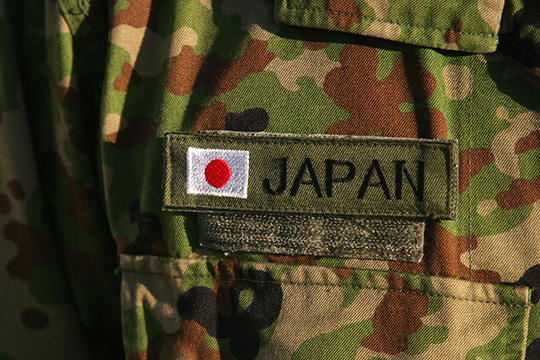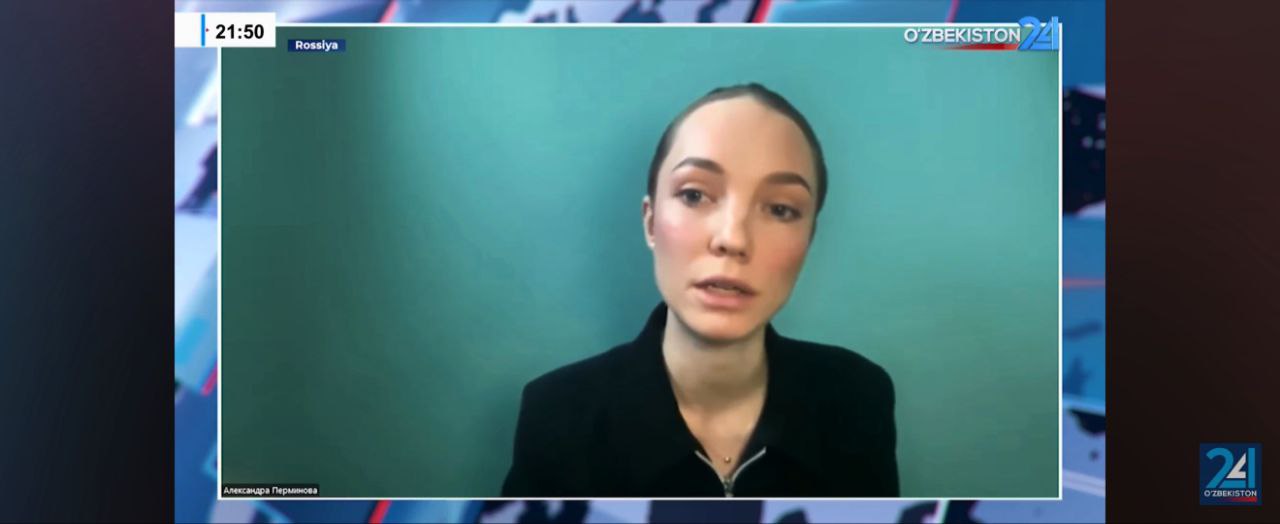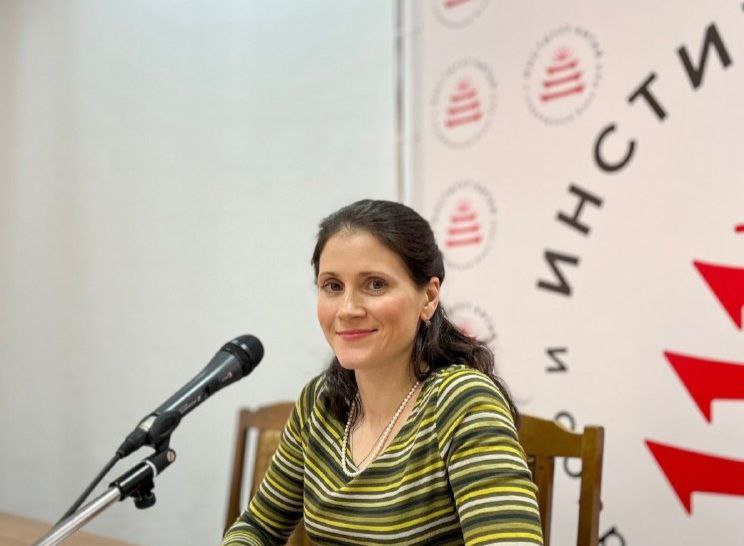
В китайской ежедневной газете «Global Times» на английском языке вышло интервью научного руководителя Института Китая и современной Азии РАН Александра Лукина, в котором эксперт поделился своим мнением по вопросам, связанным с китайско-российскими отношениями, украинским кризисом и вызовами, с которыми сегодня сталкивается мир.
GT: What's the significance of President Xi's state visit to Russia? What message does the visit convey to the world?
Lukin: China is one of the most influential countries in the world and Russia's most reliable partner. Chinese leader's visit is, of course, very important for both Russia and the entire world. From the Russian point of view in the current situation, when relations with the US and Europe are practically frozen, Russia is deepening its cooperation with the non-Western world. China has been Russia's first trading partner since 2010. The two countries are also close strategic partners. Under the current circumstances, the significance of cooperation with China has significantly grown.
As for the entire world, this visit will be very symbolic. Of course, mutual annual official visits of heads of state of Russia and China have been a tradition since the mid-1990s. There was a break during the COVID-19 pandemic years when these meetings were organized online, but now everything has come to normal. So one can argue that it is just a continuation of the pre-pandemic practice as this year, it is the turn of the Chinese leader to visit Russia.
However, in the current circumstances in which many in the West have tried to press China into taking a hostile approach to Russia, the significance of this visit is self-evident. It will demonstrate that China does not yield to anybody's pressure and that the Russia-China strategic partnership is as strong as ever.
By the way, Russia has been the first destination for official trips by Chinese leaders for quite some time. In March 2013, President Xi also made his first trip in the capacity of China's top leader to Russia and spoke at the Moscow State Institute of Foreign Affairs. So the fact that President Xi again chose Russia for his first foreign trip after having been elected to the highest post in China for the third time is not only a continuation of a good tradition but also a gesture of highly symbolic significance.
GT: Chinese Foreign Minister Qin Gang said that China and Russia have found a path of major-country relations featuring strategic trust and good neighborliness, setting a good example for a new type of international relations. Do you think China and Russia have created a "new pattern" of engagement for cooperation among major powers in the world?
Lukin: Yes, Russia and China have created a new, positive pattern of international relations between major powers and neighbors. They both stand for a multipolar world, but their constructive relationship shows that various poles of this world can cooperate for the benefit of the entire planet. They don't have to be engaged in geopolitical struggles for domination with other centers of power as the US does.
In cooperating with each other, Russia and China work toward the democratization of the international system, trying to make it more just and inclusive. They defend the central coordinating role of the UN and fight off attempts to abolish the system according to international law based on the UN Charter.
Russia and China share each other's approaches to most international issues. Naturally, they have security interests of their own, but this does not prevent Moscow and Beijing from listening to each other and forming a joint approach to various global and regional problems.
GT: In your point of view, if there is a chance, is Russia willing to hold negotiations with Ukrainian representatives in Beijing as Saudi Arabia and Iran did?
Lukin: Russia will certainly trust China. A mediator is needed when the sides refuse to talk to each other directly. This was the situation during the Vietnam War or at some stages between Israel and the Palestinians.
However, at the early stage of the conflict, Russian and Ukrainian delegations met each other directly. Now the two sides don't talk to each other, not because they are waiting for a mediator, but because Ukraine refuses to start talks before Russia is defeated.
So to bring Kiev to the table, one would need not to mediate but to pressure it into agreeing to the talks. Or the situation has to change in a way that Ukrainian leaders stop thinking that defeating Russia is feasible. By providing Kiev with more and more weapons the US and its allies work in an opposite direction.
GT: In recent years, the international situation has become increasingly complex and tense. In your opinion, what are the new implications of China-Russia cooperation?
Lukin: Both Russia and China are willing to defend each other's interests in such ways that do not undermine their own interests. This is understandable. Therefore, one should look for measures that are in the interests of both countries [to strengthen cooperation].
GT: By the end of March, the US may hold a so-called democracy summit, which is believed to be aimed at China and Russia. What is your view on this US move?
Lukin: The so-called democracy summit is not a serious event. It is being used by the Biden administration to consolidate its domestic positions. However, even within the US, these efforts are not taken seriously by many people. I don't think we should even pay attention to it.
GT: How likely is a direct conflict between Russia and the US in 2023? In your opinion, how likely is it that this war will evolve into a world war in which more countries are directly involved?
Lukin: The US is already a party to the conflict. It provides Ukraine with massive military equipment, intelligence, and all kinds of other support. But if you mean direct official involvement by American troops, I don't think it is very likely. Such a move would be highly unpopular with the US public, and the US government can hardly risk doing this before the next presidential elections.
The real danger is different: The military confrontation in Ukraine can become protracted like the war in Afghanistan, or the current conflict in Yemen. Another serious danger, in my view, is the real possibility of its escalation to the level of a nuclear conflict. It may happen when one side feels that there is no other option than to use tactical nuclear weapons to stop the advancement of a stronger conventional force from the other side. This could lead to a disaster for the entire world.
Читайте материал на сайте газеты «Global Times».
Оперативно узнавать новости Института можно в официальном телеграм-канале.




